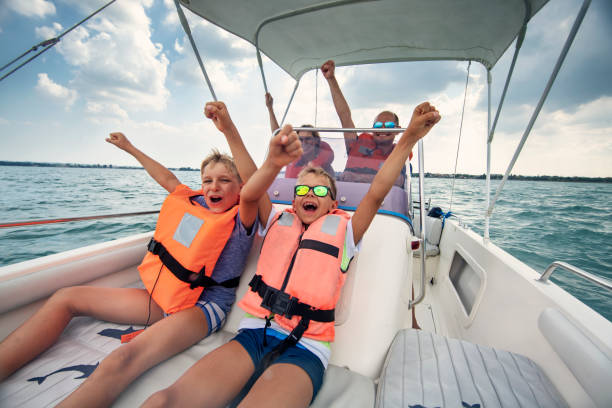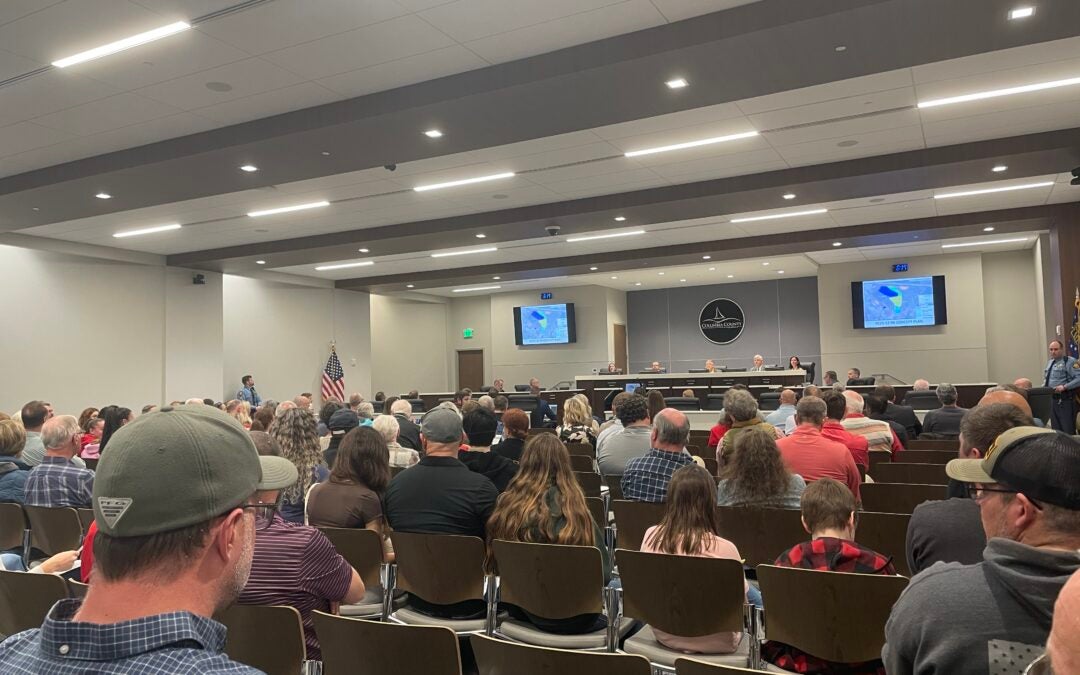As Labor Day nears, more and more people will be hitting the lake for one final summer hurrah, and officials with the Georgia Department of Natural Resources are warning boaters to be prepared for increased traffic.
While boating is generally regarded as safer than driving a car, Boating Magazine reports that fatal boating accidents rose nearly 25% in 2020. Piloting a boat may be statistically safer, but when accidents occur, they tend to be far worse than an automobile accident.
Boats do not have seatbelts, airbags or brakes.
No matter how many people may be going for the ride, make sure there is someone shoreside that knows the estimated departure and return times.
Make sure that all equipment is in order. Use the safety lanyard (engine kill switch) in case the pilot is knocked about and loses control of the wheel. Also, make sure the lights are in operating order even if you are not planning on staying on the water after dark.
While the law in Georgia only requires there be a life jacket for each person stored on board, Boating Magazine suggests that due to unforeseen swells that can toss the boat unexpectedly, it is a good idea to wear a life jacket when the boat is underway. Children under 18 are required to wear a vest at all times.
Jet ski operators are also required to wear a life jacket.
According to Mark McKinnon, public information officer for the Georgia DNR, people should never swim in the lake without a life jacket on. The fluctuation of water temperatures can cause cramps for even the most robust of swimmers.
“It is difficult to judge the distance on the water, you might see an island and think ‘I can swim to the island and back.’ If you tire out, the life jacket will keep you buoyant while you catch your breath,” McKinnon said.
McKinnon also says that pilots should know the rules of the boating highway. Georgia law requires boats travel at idle (no wake) within 100 yards of the shore, bridge overpasses and other boats.
For those operating a board surfing vessel, the rule changes to 200 yards.
“Those boats are designed to create a much larger wake than other vessels, so the law was passed last year to increase the safety of those near board and wake surfers,” McKinnon said.
Boaters should also follow international maritime law when passing other boats head-on. According to the National Maritime College, boaters should keep to the right, no matter the direction headed, and pass port-side to port-side.
Most people know that alcohol and boating can be a deadly mixture and the DUI rules are the same as those on the roadways. While the legal limit is .08%, officers can still arrest for “less-safe” even if the pilot is not over the limit.
McKinnon says that people should also be aware that the effects of prescription drugs can also be heightened on the water as the direct sun can cause slight dehydration.
The absolute most important safety reminder, according to McKInnon, is that parents or guardians should keep an eye on children at all times.
“Do not take your eyes off of your children, no matter how deep the water is. Don’t let the 12-year-old watch the four-year-old,” McKinnon said.
Scott Hudson is the Senior Investigative Reporter and Editorial Page Editor for The Augusta Press. Reach him at scott@theaugustapress.com











